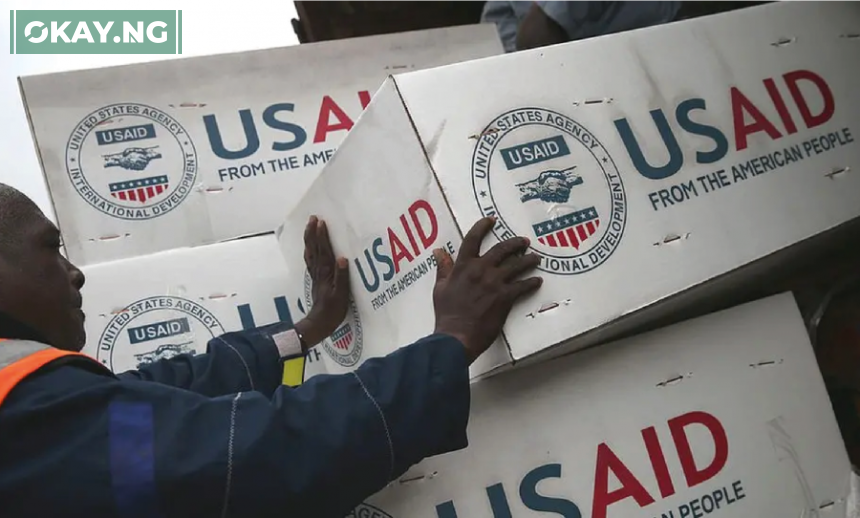The State Department has announced its intention to shut down the United States Agency for International Development (USAID) by July 1st, transferring key functions to its own purview. This decision, communicated to Congress on Friday, signals a dramatic shift in the landscape of U.S. foreign assistance, marking the end of an agency that has been instrumental in global poverty reduction and humanitarian aid for decades.
The Trump administration’s drive to dismantle USAID, citing concerns over “mismanaged taxpayer dollars” and programs deemed not in the U.S. interest, has culminated in this shutdown. However, given USAID’s congressional mandate, legal battles are anticipated.
“This decision is not just a bureaucratic reshuffling; it’s a fundamental change in how the United States engages with the world,” I observed, having covered similar government restructurings in the past.
The administration’s actions have been swift and decisive. Since taking office, they have pursued a policy of pausing foreign aid for review, resulting in the dismissal or furlough of thousands of USAID employees and the cancellation of billions in aid contracts. As of last week, the agency’s workforce had dwindled to fewer than 900.
The impact of these decisions is already being felt. Aid organizations and former USAID workers have filed lawsuits, and some employees have been forced to cover their own repatriation costs from overseas assignments.
A federal appeals court, while acknowledging the potential for future reversals, has permitted the shutdown to proceed for the time being. This judicial decision has only intensified the debate surrounding the administration’s authority and the potential consequences for global aid efforts.
Elon Musk’s Department of Government Efficiency (DOGE) has been a key driver in this restructuring. Jeremy Lewin, working across DOGE and USAID, stated in a memo obtained by CNN that the move aims to “significantly enhance efficiency, accountability, uniformity, and strategic impact in delivering foreign assistance programs – allowing our nation and President to speak with one voice in foreign affairs.”
However, this “efficiency” comes at a steep human cost. Redundancy notices are being issued to nearly all remaining USAID personnel.
Read Also: US Aid Freeze Cripples Global Health Programs, Warns WHO
While some critical programs, such as emergency aid, health initiatives, and specific security projects, will be absorbed by the State Department, regional development efforts will be integrated into matching State Department offices. This raises concerns about the continuity and effectiveness of these vital programs.
The shutdown of USAID raises critical questions about the future of U.S. foreign aid. Critics argue that dismantling an agency with decades of expertise will undermine America’s soft power and ability to respond to global crises. They point to the agency’s vital role in addressing humanitarian needs and promoting stability in vulnerable regions.
Conversely, proponents of the shutdown argue that it represents a necessary step toward streamlining government operations and ensuring that taxpayer dollars are used more effectively.
The legal battles and policy debates that lie ahead will undoubtedly shape the future of U.S. foreign assistance and its role on the global stage. As this story unfolds, the human cost and the long-term implications for international development remain central to the narrative.












